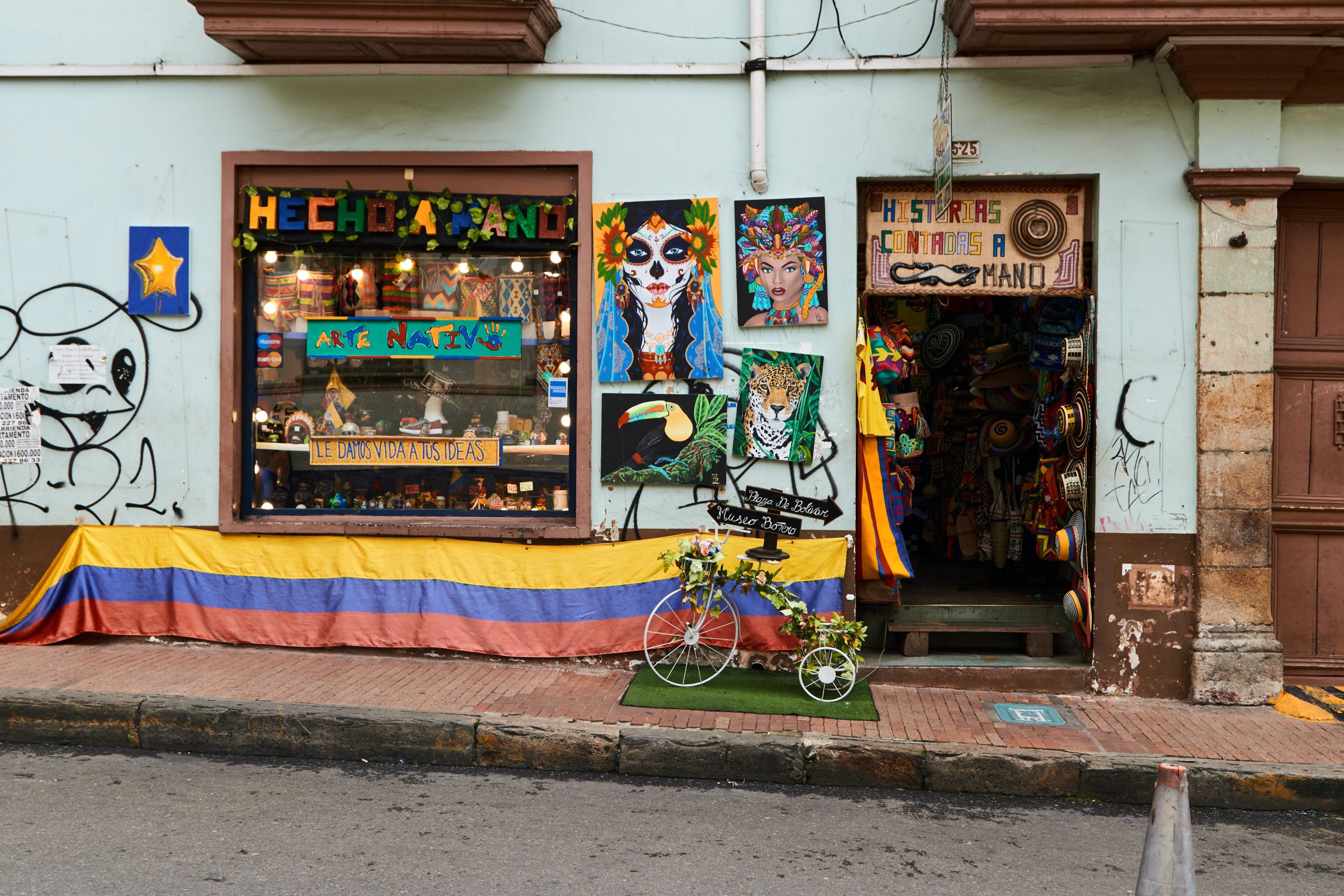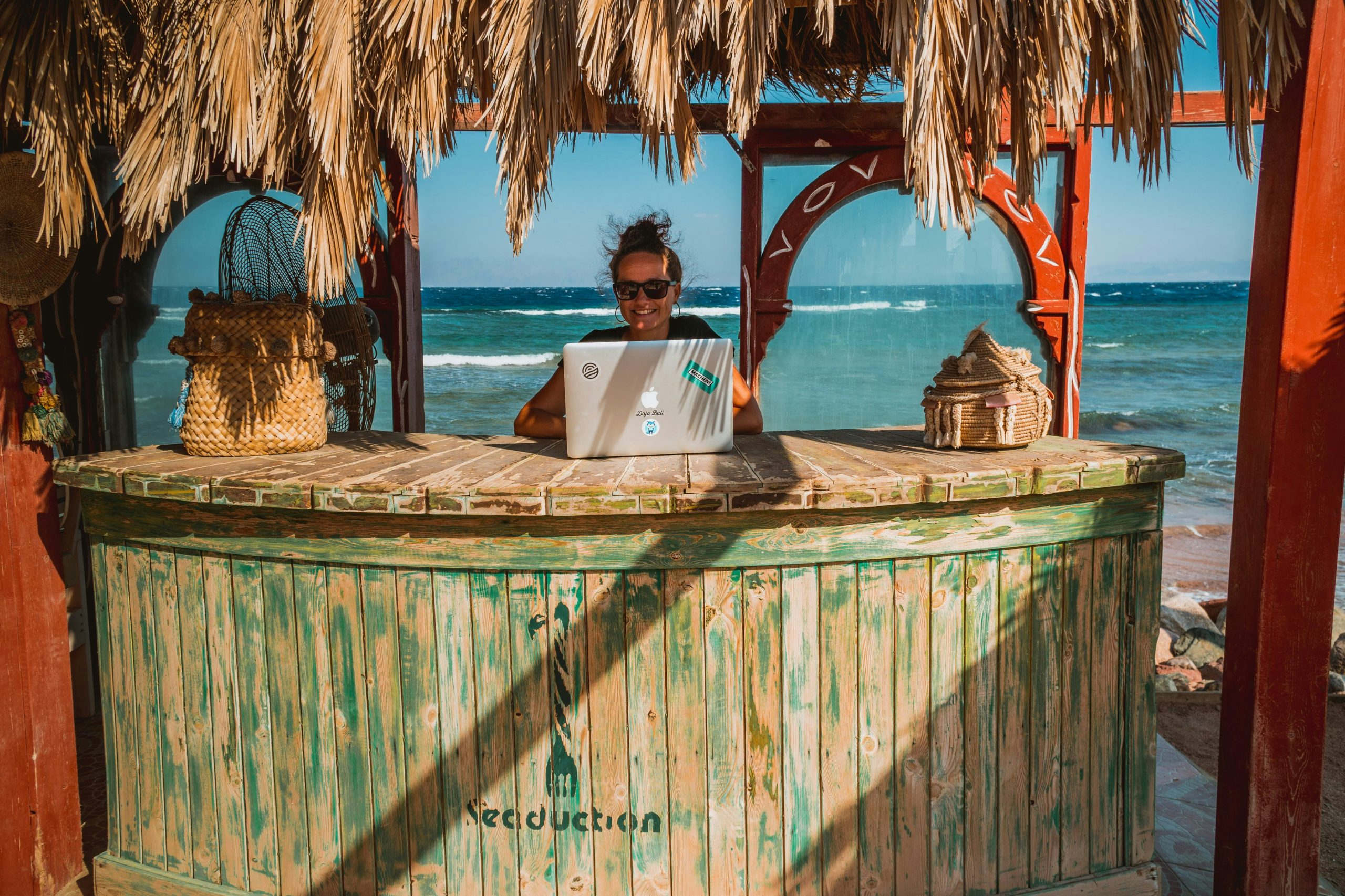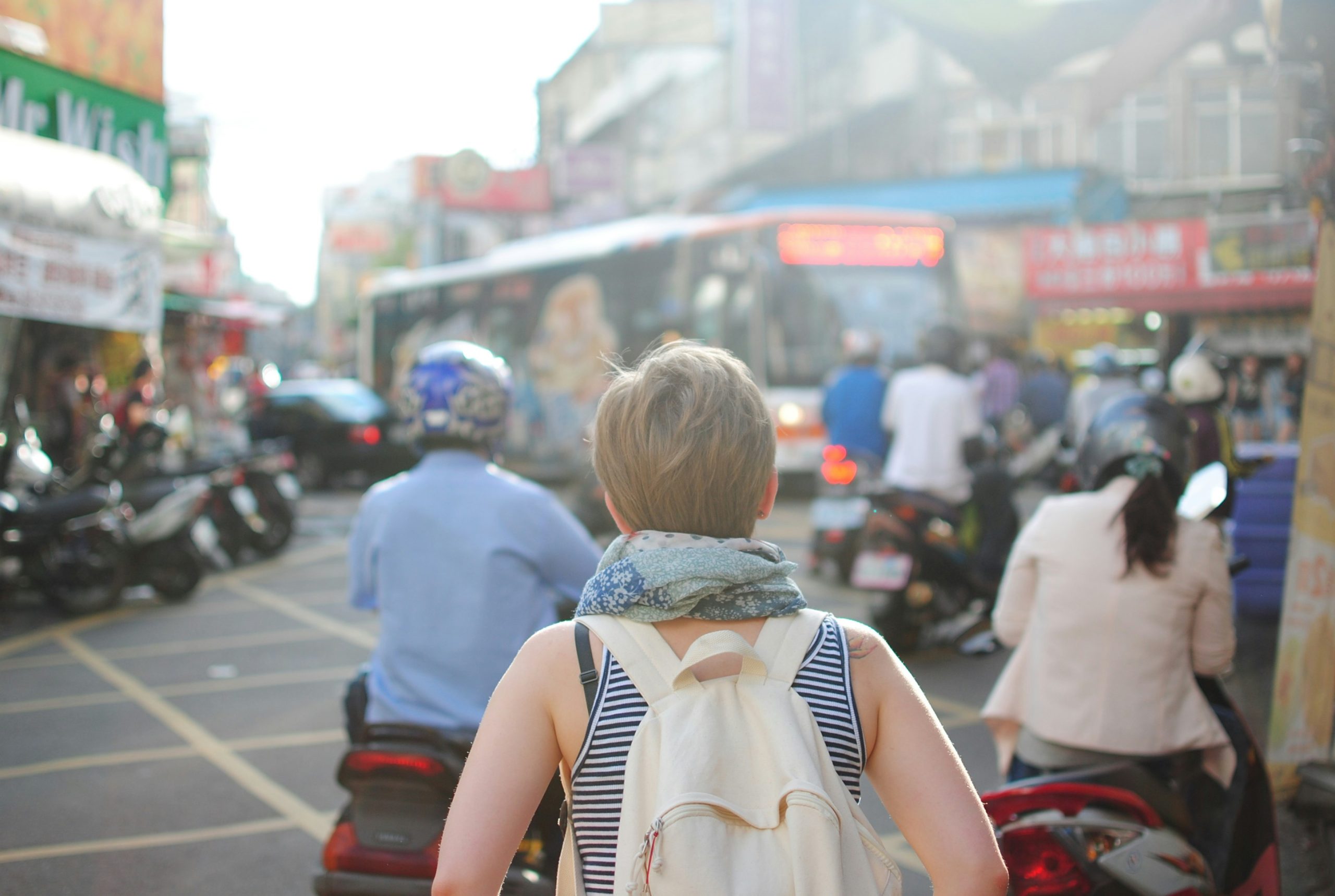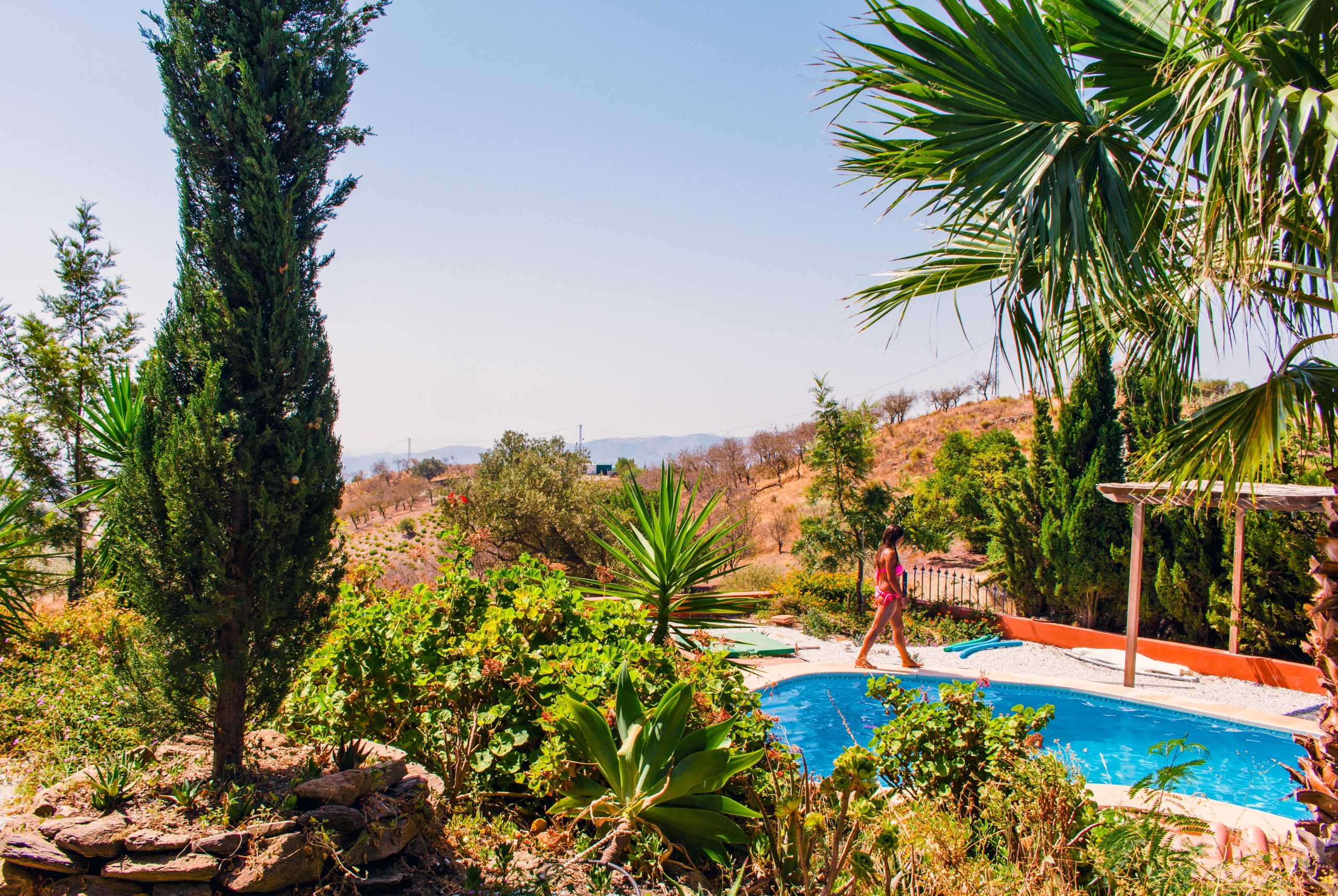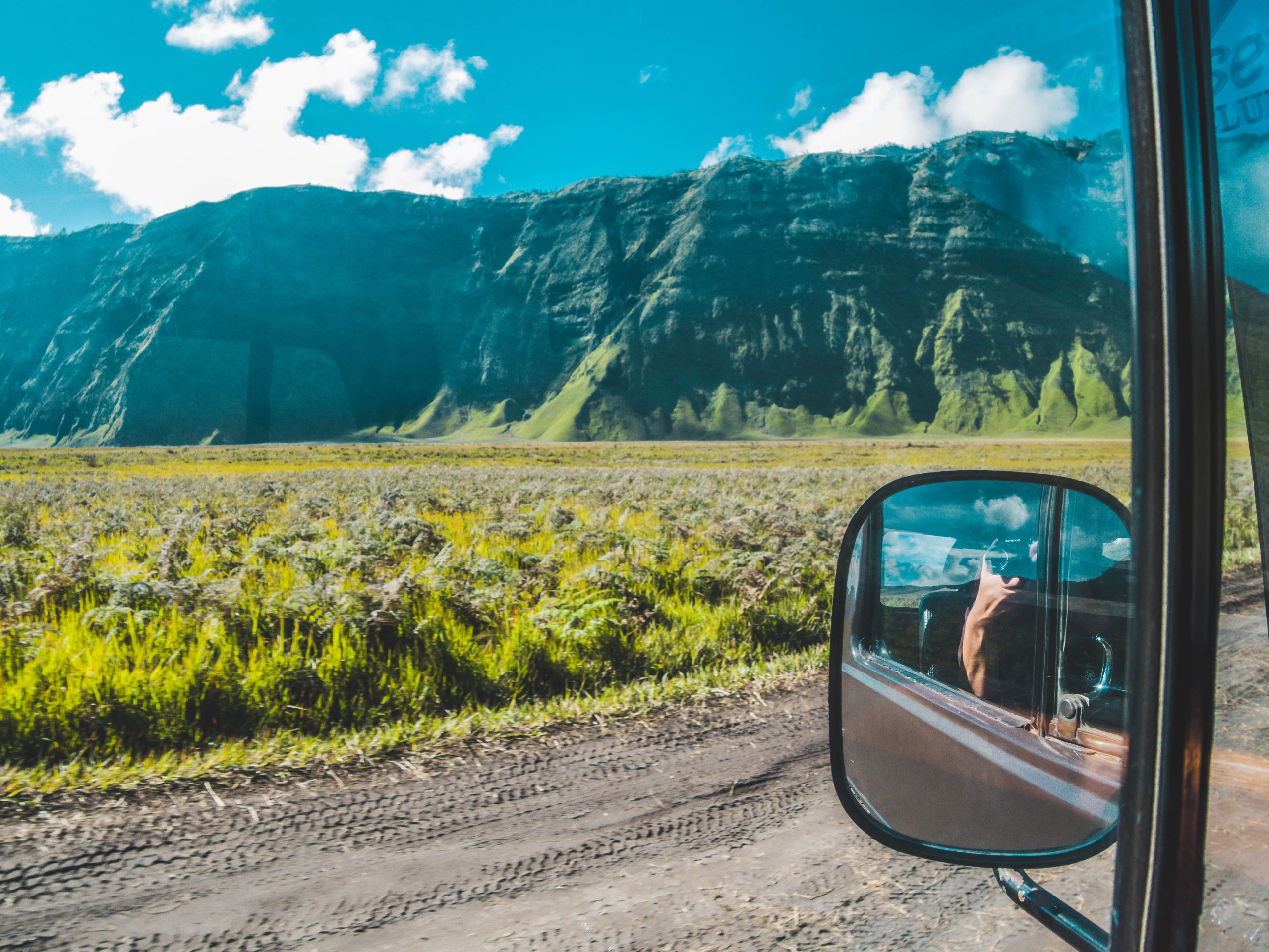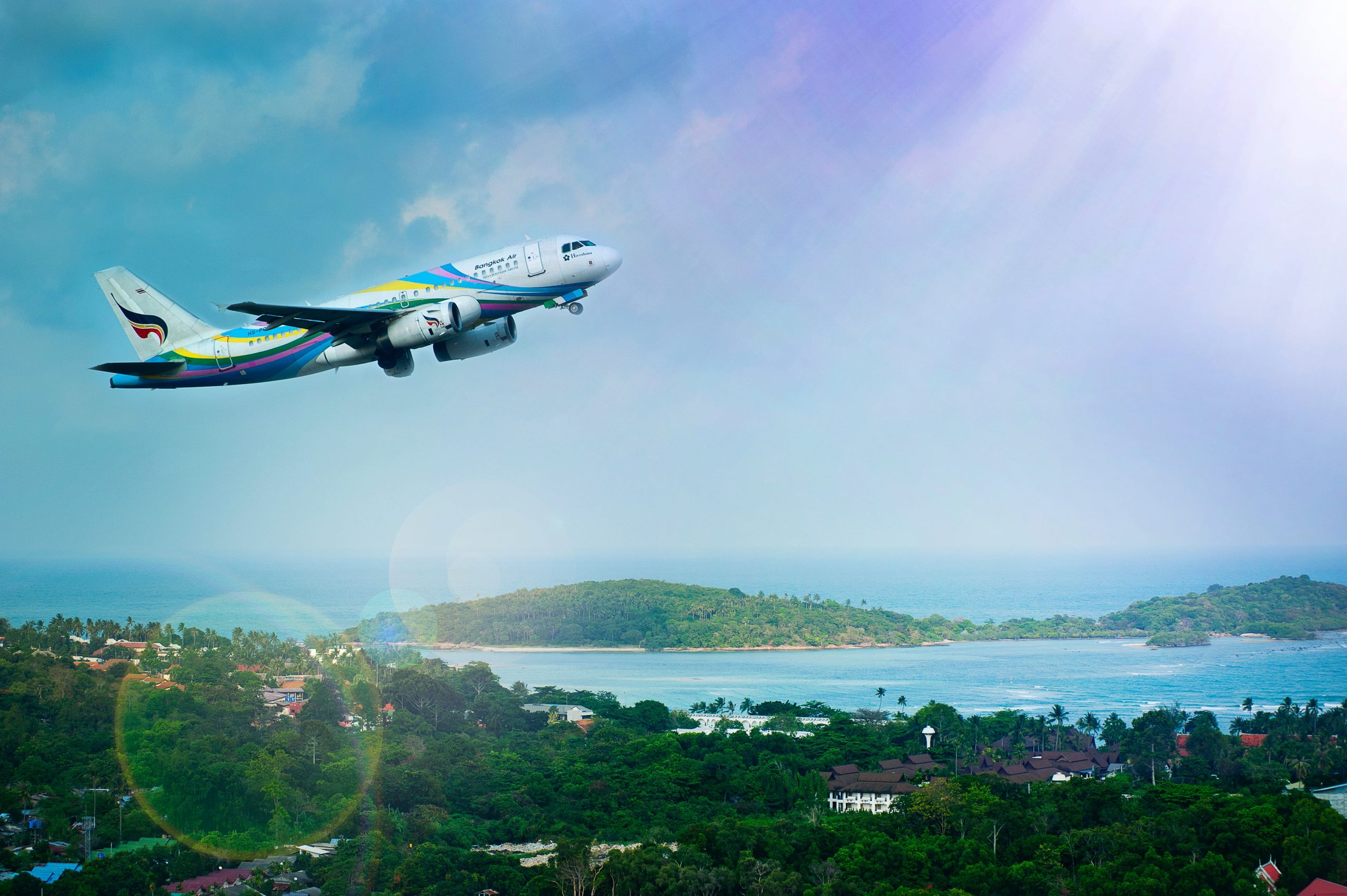Employment Challenges in the Tourism Sector: Expert Insights on Overcoming Them
The tourism sector, known for its dynamism and significant contribution to the global economy, faces a series of challenges regarding employment. From personnel shortages to high staff turnover, these obstacles can hinder industry growth and service quality. What do experts say about overcoming these challenges? Personnel shortages: a global challenge According to a recent report by the World Tourism Organization (UNWTO), the tourism industry is grappling with an alarming shortage of personnel worldwide, with an estimated gap of millions of vacant positions. This situation, exacerbated by factors such as an aging workforce and the lack of adequate training programs, poses a significant challenge for employers in the sector. Caroline Benard, an expert in hotel management, points out that the key to overcoming this shortage lies in adopting innovative approaches to hiring and talent retention. Benard emphasizes the importance of establishing partnerships with educational institutions and training programs to foster a stronger and more adaptable talent pipeline to meet the sector's changing needs. High staff turnover: impact on service quality Another challenge facing the tourism sector is high staff turnover, especially in key roles such as managers and supervisors. This turnover not only affects business operational stability but can also have a negative impact on the
I had planned a trip to Ecuador, is it safe to go? What other similar destinations can serve as an alternative?
In recent months, Ecuador has been in the global spotlight due to incidents of violence and internal conflicts. However, how safe is it really to visit this beautiful South American country at present? To address this question, it is important to consider several factors, from the political and social situation to public perception and the security measures implemented by authorities and tourism companies. According to the Travel Advisory from the United States Department of State, Ecuador is currently classified as level 2: "exercise increased caution." This is due to the conditions of the internal armed conflict that have sparked civil unrest, crime, and kidnappings in certain areas of the country, particularly in the port city of Guayaquil. Although this warning indicates the need for caution, it is also important to note that many tourist areas continue to operate normally and have maintained their usual tranquility. An article from Travel Weekly showcases the visit of one of its reporters, who during their stay in Quito, the capital of the country, and other cities like Cuenca, was able to experience firsthand the warmth and hospitality of the people, as well as the beauty of Ecuador's natural landscapes, stating that despite the challenges, many parts of
Where are digital nomads traveling to?
In the dynamic contemporary work world, digital nomads represent an emerging force that challenges traditional conventions about where and how work is carried out. These digital professionals have chosen a lifestyle that allows them to work from anywhere with an internet connection, freeing them from geographic restrictions and providing them with unprecedented freedom. But where exactly are these digital nomads traveling? What factors influence their decisions, and how is this trend evolving? The rise of digital nomads is not only a reflection of technological advancement but also a shift in work mentality. Increasingly, people are opting for a flexible lifestyle that allows them to blend work with full enjoyment. According to recent data from Pumble, in 2021 the number of digital nomads reached 10 million worldwide, with significant growth in recent years, and this trend is expected to continue to rise. The Harvard Business Review article "The New Reality of Digital Nomads" highlights how this trend is transforming the way we work and live. It points out that as companies adopt more flexible remote work models, digital nomads are not only redefining boundaries in how people work but also where they choose to live and travel. Choice destinations for digital nomads Digital nomads choose
Hotel Trends to Watch in 2024
As we move through 2024, it becomes increasingly clear that we are edging closer to a futuristic world where technology and sustainability redefine the traveler experience. With artificial intelligence, the implementation of robots and chatbots, augmented reality, and the unwavering consumer demand for sustainable practices and holistic wellness, the hotel industry will continue to grow, adapting to new guest expectations and approaches. Here's a sneak peek at the key hotel trends that will be in the spotlight. Personalized and contactless customer experience According to a report by Exploding Topics, 71% of travelers show a greater willingness to stay in hotels that offer self-service technology. Additionally, a 2020 study by Criton revealed that 80% of travelers prefer using an app for processes like check-in and check-out, room service requests, and communication with hotel staff. These data clearly indicate that guests value experiences that allow them to access personalized amenities and services efficiently and without physical contact. An initiative exemplifying this trend towards contactless experience is digital concierges. A notable case is Ivy, the digital concierge developed by GoMoment, present in hotels ranging from the Venetian Las Vegas to various Holiday Inns worldwide. Ivy has interacted with over 50 million guests, providing answers to questions, handling
Travel Trends 2024
The world of tourism is like a canvas constantly evolving, with each passing year bringing new strokes of experiences and destinations. After dissecting the travel trends unveiled by Amadeus, a leader in the travel industry, this article takes pleasure in highlighting the trends that will shape the tourism landscape in 2024. Generative Artificial Intelligence (GAI) at the heart of the travel experience Generative Artificial Intelligence (GAI) is gaining ground in the tourism sector in 2024, translating into more personalized and efficient travel experiences. Instead of relying on filters on search sites, travelers can now interact with GAI-based chatbots, such as Expedia's new ChatGPT plugin. Acting as a virtual travel assistant, it provides instant hotel recommendations and itineraries with links for booking. This evolution in travel planning offers a more intuitive and personalized experience for consumers. The rise of music tourism After the social isolation of the pandemic, music has become a powerful medium of connection. Music tourism is experiencing a surge, with artists like Coldplay and Taylor Swift leading the charge. The connection between musical events and the increase in flight searches and bookings is evident. For example, Coldplay's announced concerts in Romania and Greece for 2024 had a significant impact on flight searches
How Hotels Prepare for the Christmas Peak Season
The Christmas season marks a period of intense activity for the hotel industry, as families and friends embark on journeys to celebrate the festivities. According to an article from Travel Wise, a significant increase in demand has been recorded during the Christmas and New Year season in prominent global destinations. Specifically, the global hotel occupancy rate has already reached 23%, representing a 10% increase compared to the same period last year, as reported by Travel & Tour. This growing demand underscores the importance for hotels to implement key strategies to ensure an exceptional experience for their guests during this special season. Below, I detail the essential practices that hotels adopt to stand out and efficiently respond to the Christmas demand. Facility optimization As a first step, hotels must ensure that their facilities are impeccable to welcome guests during the Christmas season. This process includes the cleaning and disinfection of rooms, the maintenance of common areas, and the incorporation of decorative elements in line with the festive spirit. Special offers and promotions With the aim of attracting guests, hotels implement exclusive offers and promotions during the Christmas season. These offerings may include discounts on rates, accommodation packages with complimentary breakfast, or free Christmas activities. Additional staff hiring To meet
Investment opportunities in sustainable tourism
Tourism represented approximately four percent of the global economy before the outbreak of the COVID-19 pandemic. During 2020-2021, the sector experienced significant losses, including a marked decline in capital investment, which included foreign direct investment. Since then, global tourism has been recovering slowly but steadily, returning to pre-pandemic levels. According to the World Tourism Organization (UNWTO), investments are crucial for the recovery and future growth of tourism, aligned with Agenda 2030 and the Sustainable Development Goals. Through its recent 2022 Tourism Investment Report, it sheds light on an uneven recovery landscape and the urgent need to redesign our investment strategies focusing on education, sustainable infrastructure, innovation, and entrepreneurship. The report highlights that while tourism has shown signs of recovery, with a 5.3% increase in tourist arrivals in 2021, foreign direct investment (FDI) has remained low. In this regard, FDI in tourism decreased in 2021 and continued its decline in the first half of this year, despite the significant increase in air traffic in Europe. This disparity indicates that, although the demand for travel has improved, investments in the sector have not followed the same pace, posing a critical challenge that demands our attention. Despite this scenario, the report points out that investment is
The Christmas Travel Experiences That Travelers Seek
In the dynamic travel industry, trends constantly shift and evolve. According to Airbnb, the most sought-after destinations for this year-end holiday season offer a fascinating insight into the preferences of Latin American and global travelers alike. From tropical getaways to urban explorations, let's delve into some of the standout trends. Dreamy destinations: from Osaka to Rio de Janeiro This winter, travelers' attention is drawn to dreamy destinations in Asia-Pacific and South America. Cities like Osaka, Japan, and Rio de Janeiro, Brazil, are capturing the interest of those seeking unique experiences. The easing of restrictions in Japan has put Osaka on the map, while Rio de Janeiro continues to shine as a South American gem. Moreover, the variety of destinations such as Hanover, Germany, and Muang Pattaya, Thailand, highlights the diversity of modern travelers' preferences. This phenomenon reflects the growing openness to explore unconventional destinations and immerse oneself in new cultures. Families on the move: Tokyo, Rio de Janeiro, and more This year, adventurous families are ready to explore from the vibrant streets of Tokyo to the sunny beaches of the Bahamas. Destinations like Rio de Janeiro and São Paulo in Brazil, along with Crucecita in Mexico, have captured the attention of those seeking both cultural
Tourism 2024: navigating between challenges and opportunities
On the horizon of tourism for 2024, perspectives emerge as promising as they are challenging. The demand for sustainable tourism, with a focus on conserving natural environments and local culture, is expected to continue its ascent. Digitalization and the implementation of technologies such as artificial intelligence (AI) are transforming the visitor experience. However, this scenario also poses a crossroads for the sector: balancing the surge in demand with the urgent need to preserve the environment and, crucially, adapt to geopolitical tensions. Surge in demand and environmental sustainability According to the second World Tourism Barometer by the World Tourism Organization (UNWTO), international arrivals reached 80% of pre-pandemic levels in the first quarter of 2023. With 235 million tourists undertaking international trips during this period—more than double that of 2022—these figures reveal that, despite past challenges, tourism is regaining its vitality. However, this increased demand also underscores the urgent need to address environmental sustainability. In this context, a crucial question arises: How can the tourism industry meet growing demand without compromising natural resources and the cultural integrity of destinations? Digitalization, AI, and enhancement of visitor experience Simultaneously, digitalization and artificial intelligence have become key elements in the evolution of tourism. According to experts in an article
The new era of luxury sustainability in hospitality
We have been discussing how 2023 is the year of sustainability across all sectors. However, this time, I am pleased to address a crucial aspect of this paradigm shift: sustainability in the hotel industry applied to luxury, which translates into the pursuit of a balance between exclusive comfort and environmental responsibility. That said, hotel sustainability is not a trend but a solid commitment to preserving the environment and the local community. Incorporating this concept into luxury goes beyond a mere "green" label and manifests in specific practices aimed at reducing the environmental and social impact of the hotel industry. Eco-Luxury stands as an example of industry progress, reflecting the increasing awareness among both hoteliers and travelers. The integration of sustainable practices in the luxury sector is not only appealing to environmentally conscious travelers but also contributes to preserving local traditions, supporting community livelihoods, and ensuring the conservation of natural resources for future generations. Growing trend and market data According to Facts and Factors, the global luxury hotel market was valued at approximately $95.11 billion in 2021 and is expected to reach $160.48 billion by 2028, with a compound annual growth rate (CAGR) of about 4.95% between 2022 and 2028. On the other hand, according to


